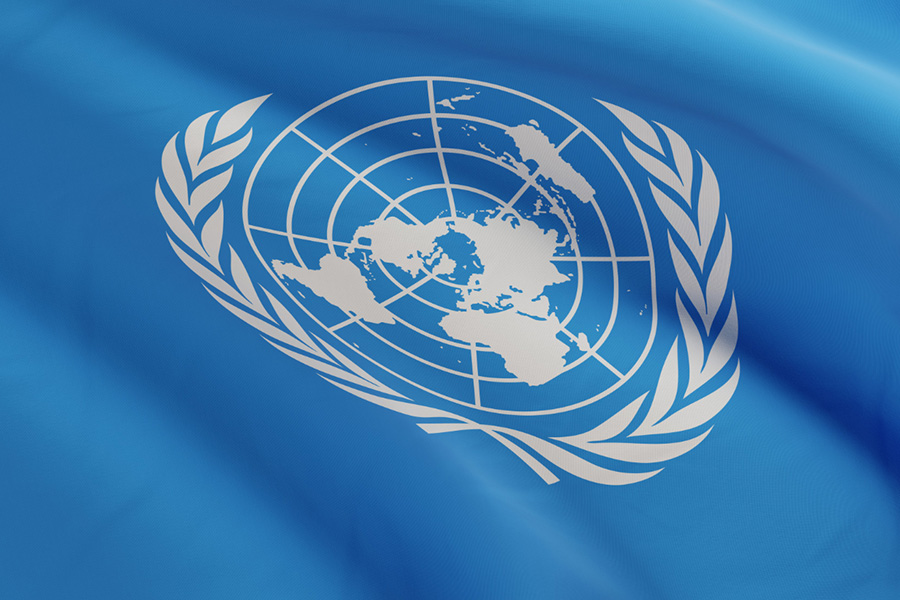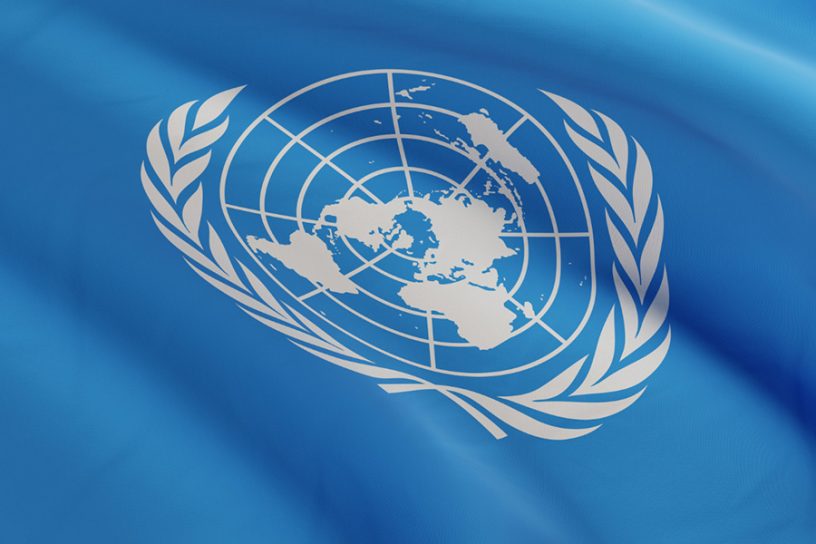
The Responsibility to Protect (R2P) and Responsibility Not to Veto (RN2V) principles can strengthen UN institutions and promote peace, equity, and resilience, protecting vulnerable populations from mass atrocities.
Authors
Amit Upadhyay, Associate Professor, Jindal Global Law School, O.P. Jindal Global University, India; Mahatma Gandhi Centre for Peace Studies, O.P. Jindal Global University, India
Abhinav Mehrotra, Associate Professor, Jindal Global Law School, O.P. Jindal Global University, Sonipat, Haryana, India; Centre for the Study of United Nations, O.P. Jindal Global University, India
Summary
This article analyzes whether the development of the Responsibility to Protect (R2P) principle can serve to protect populations from genocide, war crimes, crimes against humanity, and ethnic cleansing, given the abuse of veto power by the United Nations Security Council (UNSC). Although several proposals have been made to restrain the use of the veto, the absence of an intent to eliminate it in its entirety has obstructed UN institutions in their efforts to build an inclusive and peaceful society. In this context, the authors discuss the debate on the utility of R2P as a norm; its historical background; the relevance of the Responsibility Not to Veto (RN2V) through the example of the ongoing Russia-Ukraine conflict; and the role of the UN General Assembly (UNGA) and other UN organs in aiding the UNSC to implement R2P and maintain international peace and security. The article focuses on preventing mass atrocities through R2P to safeguard vulnerable populations’ access to basic rights and economic opportunities. Further, RN2V, by limiting UNSC paralysis during a crisis, would help avert protracted conflicts that exacerbate poverty, displacement, and environmental degradation. The R2P and RN2V principles collectively have the potential to strengthen UN institutions and reinforce the emphasis on equity, resilience, and peace by ensuring that violence, conflicts, and political inaction do not undo developmental gains.
Published in: International Journal of Legal Information
To read the full article, please click here.


